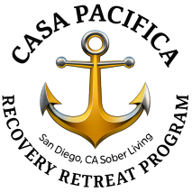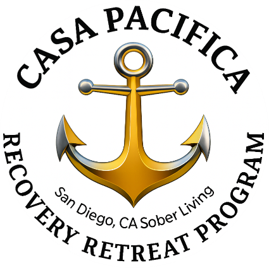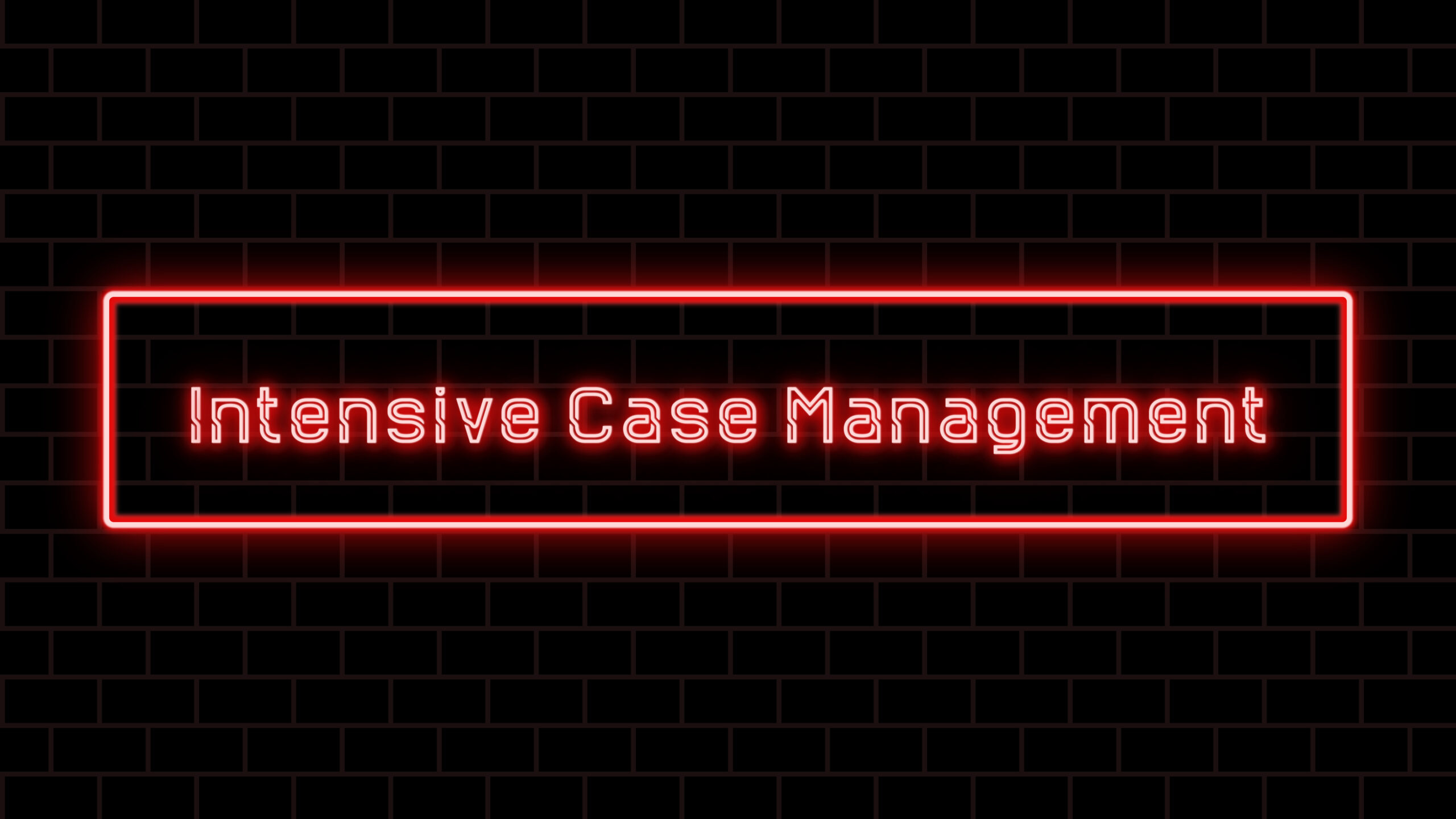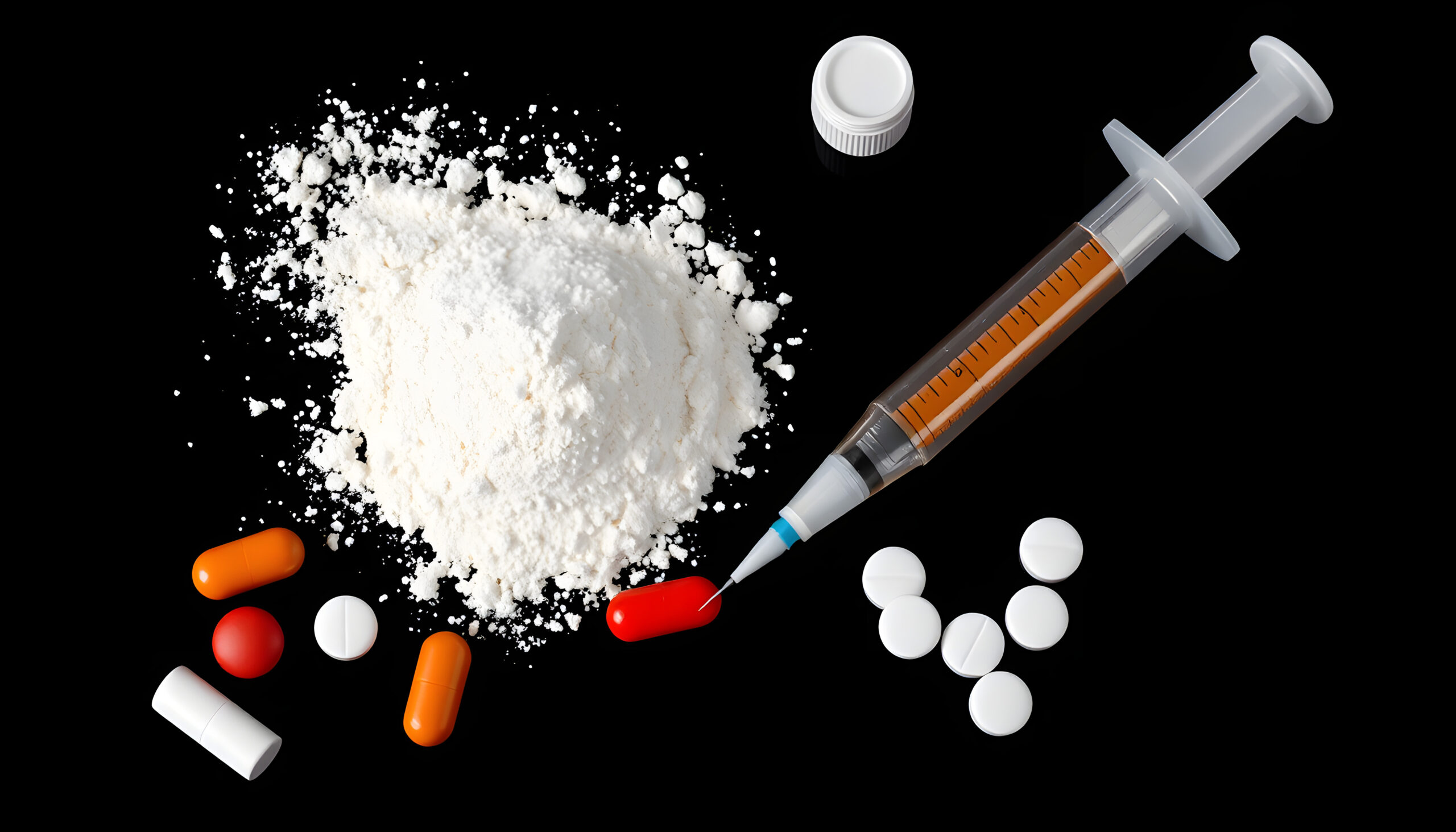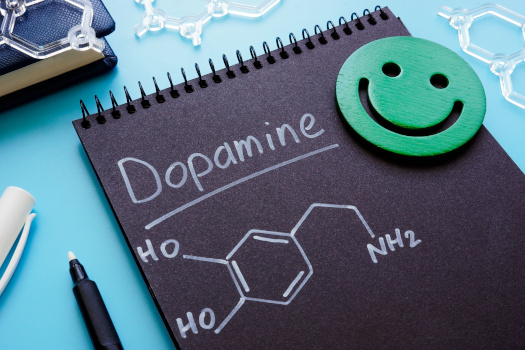How Effective Are Professional Interventions for Addiction Recovery?
Actor Todd Bridges’ path to long-term sobriety has never been a quiet story—and during an August 2025 podcast hosted by American actor Patrick Labyorteaux, he
Why Do Addiction Interventions Sometimes Fail?
In May 2025, comedian Nick Kroll appeared on the Armchair Expert podcast hosted by Dax Shepard to talk about the intervention he coordinated for his
How Intensive Case Management Supports Long-Term Addiction Recovery
Case management has been an important aspect of addiction recovery since the early 20th century. Essentially, it refers to the strategy of delivering treatment services
The Most Addictive Drugs: What Makes Them Hard to Quit?
To a certain extent, substance abuse and neurochemical dependence are highly subjective medical conditions. For example, not everyone who is negatively affected by substance abuse
Staging an Intervention for Addiction: A Step-by-Step Guide
In February 2025, the son of British music icon Rod Stewart shared some details with the Daily Mail newspaper about his recent admission to a
Do Addicts Recognize Their Own Addiction?
In the January 2022 issue of the Health Affairs journal, the Director of the National Institute on Drug Abuse wrote about the need to make
How Dopamine Fuels Addiction: Insights from Neurochemical Research
One of the most intriguing proposals in the complex field of neurochemistry appeared in the scientific journal Nature in November 2024. French researchers used an
Why Is Breaking Free from Addiction So Challenging?
During the 2022 publicity tour for Weird: The Al Yankovic Story, a musical biopic about the career of the famous American pop music satirist, actor
How Drugs & Alcohol Lead to Personality Changes
In pharmaceutical research, substances that affect the mind or behavior are defined as psychoactive. This definition extends to substances that alter perception, mood, consciousness, or
The Impact of Drug Abuse on Physical Activity & Recovery
All psychoactive substances have the potential to affect normal physical activity to a certain degree. Impairment is a hallmark of drinking too much. Many people
